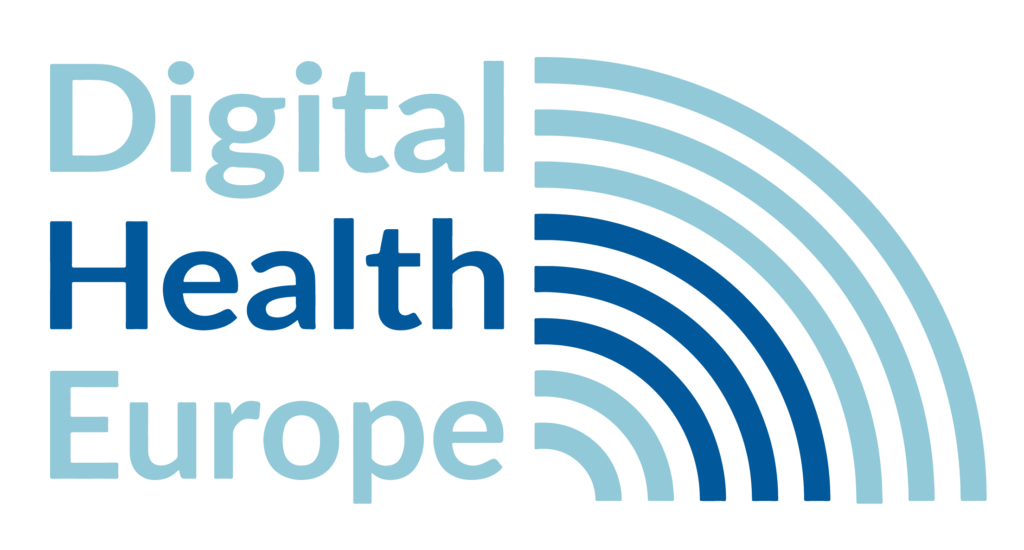The webinar How to build and nurture a regional/national ecosystem gathered around 70 participants on the 29th April 2021, within a collaboration of the COST Action NET4Age-Friendly with the ECHAlliance.
In this session, the main aim was to provide the Action participants with the adequate strategy, tools and exemplary cases that support them to promote local, regional and national ecosystems in their countries, that help to implement SHAFE solutions.
The session was hosted by Carina Dantas (Chair) and Willeke van Staalduinen (Vice-Chair) and started with the inspirational talk of Brian O’Connor, the invited keynote of the session presenting “What is an ecosystem and how to build it, grow and connect”, that reminded to participants that the needs of local stakeholders should be at the cornerstone of any ecosystem.
Following this introduction, Alexia Zurkuhlen (Digital Health Rheinland – Germany) and Gisela Garcia-Alvarez (Health Cluster Galicia – Spain) presented their ecosystems, how they were born, governed, organised and also provided excellent recommendations on how to promote successful examples in other regions and countries.
In the next slot of the session, Valentina Tageo presented the main conclusions of the work developed on “Enablers and challenges to implement and scale up solutions – the role of ecosystems”, based on the outcomes of the DigitalHealthEurope project.
Supporting this topic, the brochure “Supporting demand and supply for scaling up digital health and care solutions” was mentioned to participants. It presents the strategic, technical, and operational barriers that necessitate mobilisation of investments towards the implementation at scale of person-centred care solutions. In addition, it offers recommendations for European organisations to overcome such barriers and help mobilise investments in person-centred health and care at a local, regional, and national level across the EU.
Based on the presentation the group discussion started with the two ecosystem representatives and the participants, especially grassroot organisations of different EU countries, on what needs to be enhanced and promoted. The two main aspects referred to are related to digital literacy and digital infrastructure. Several participants reported that in several countries digital access is still far from ideal to allow for the upscale of digital health solutions and that the digital literacy of citizens, especially older adults, does not allow for a proper use of the solutions.
Willeke Van Staalduinen closed the webinar with a highlight of the key points: listen to users and plant the seeds to collect beautiful flowers.
